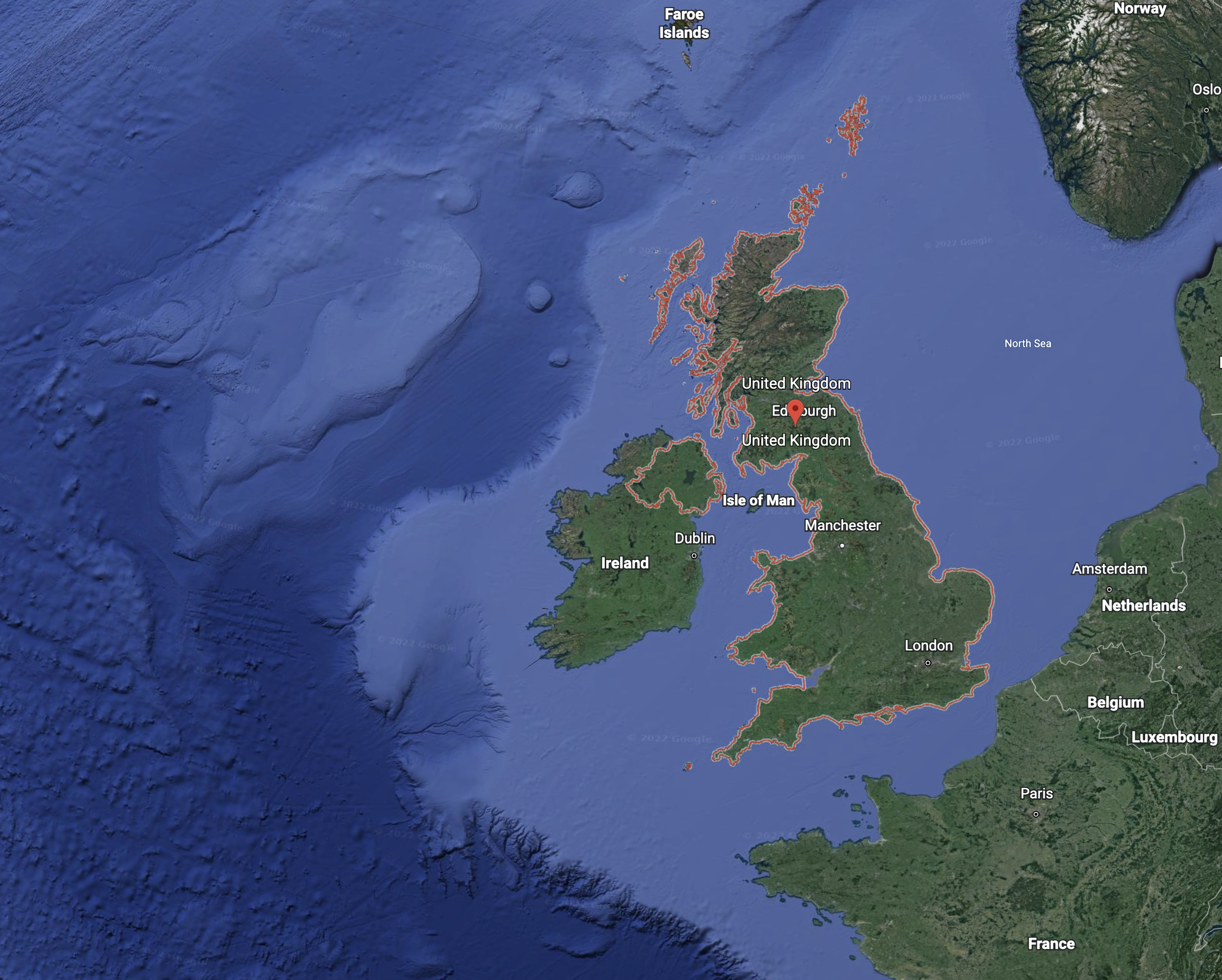Hello. My name is Alina Oswald. I’m from Valcea, Romania.
In 1986, my mother, who was an infectious disease doctor, invited me to join her in attending a conference in Bucharest, Romania. The dean of the university showed and he started to talk about this then-new disease, HIV and AIDS.
I was fascinated by the slideshows. I remember this very bright orange red type of slideshow showing the virus, you know, traveling through the human body and basically causing so much destruction.
At the end of the session, my mom asked me to “What did… what did you think?”
You know, and I… I was… I could only say “Interesting.” What I found… I found out years down the road… years down the road, years later was that mom wanted me to go to medical – to medical school, right, to study medicine, then to follow in my parents’ footsteps.
Afterwards, I went back home. And what happened? Well, Chernobyl happened. It puts the AIDS conference and everything I felt about it on the back burner. It was completely out of mind, out of sight. There are other things to pay attention to at the time.
You know, a few weeks, a month after Chernobyl, I’m not exactly sure, I found this French magazine. On the cover. It was Rock Hudson. And this is 86, right? So I opened the magazine to the Rock Hudson story, and I remember as if it were – was today… a two-spread picture of Hudson. On the left side, it was the, you know, film noire type of headshot, you know, Hollywood glamour shot kind of… kind of picture. On their right side, it was this guy that seemed like a hundred years old or something.
And I read the whole story. They were mentioning, you know, his passing from AIDS-related causes and all that stuff. Until that time I took the AIDS conference with mom and Rock Hudson, the reading the Rock Hudson story, I had… until that moment, I had never heard, you know, about HIV and AIDS.
Life moved on. I’m moved on. I had to… started to get into college. I didn’t go to medical school. I moved to America. Fast forward to 2003… 2003 found me just married and in Cambridge, Massachusetts.
I was walking – it was a beautiful sunny day. And I was looking through Harvard Square. I don’t know why I was in Harvard Square, but it’s a beautiful place. I walked through this newsstand, and I suppose something gold and shiny that kind of caught my eye. I literally had to… I remember I literally had to kind of step backwards and kind of look. And what it was, I saw this cover, magazine cover with Dolly Parton on it! And it said A & U, like, A, U, right? And right tiny words underneath where it’s like America’s AIDS magazine.
The memories of my, you know, joining mom then retaining that day at the conference about HIV and AIDS, all of those things came back to me and they hit me pretty hard. I had to pay attention to it. And I thought I have to write for these guys. I didn’t know how, I didn’t know what to do. I had to contact them. I pitched the editor, like, you know, I queried the magazine and he got back to me and that was surprising in itself.
So I started pitching stories on a regular basis and that I got to learn a lot of, you know, stories, survivors,, activists, artists… they trusted me with their stories that I’ve learned through those stories quite a lot.
In 2003, then we moved to Jersey city and in 2006, I found Out in Jersey magazine at Jersey City Pride. And of course I. I talked to them, I grabbed a copy of a magazine, ‘cause they have like a sample copies there, and I started to write for them too. That added to do the layers in the kinds of stories that are selling because I got to understand more and connect more with the LGBTQ+ community related to HIV and aids and not related to HIV.
So I was this thing my folks in Romania and I was having this one-on-one conversation with mom and I showed her that the work that I was doing, I was writing and photography, covering in the community. And I showed her the work and said, “Mom, this is because of you. It’s because of you because you introduced me to this topic really way back when in 1986.” And I think – I think I even I thank her for that.
She said, “Well, the pin wasn’t like that! The plan was for you to go to medical school.” I think she was happy for me and she was, you know… I hope she was proud of me too. Although, you know, there was not much… much praising going on.
I found a home… in a way, ended up with home within the community, for which I am grateful. I get to work with people that are amazing.
And I hope by being able to tell those stories, then kind of forward the stories to other people, maybe more people will get to know the community,
Being allies, we can support in particular these individuals who might not have anyone to talk to. If being allies, if we don’t give them the feeling of hope, at least we can give them the idea that hope is there and don’t give up because someone is there for you and they… they’re there for you, they support you, and you know, we can relate to you. We can, you know, you can trust and you share this story with us.






Share